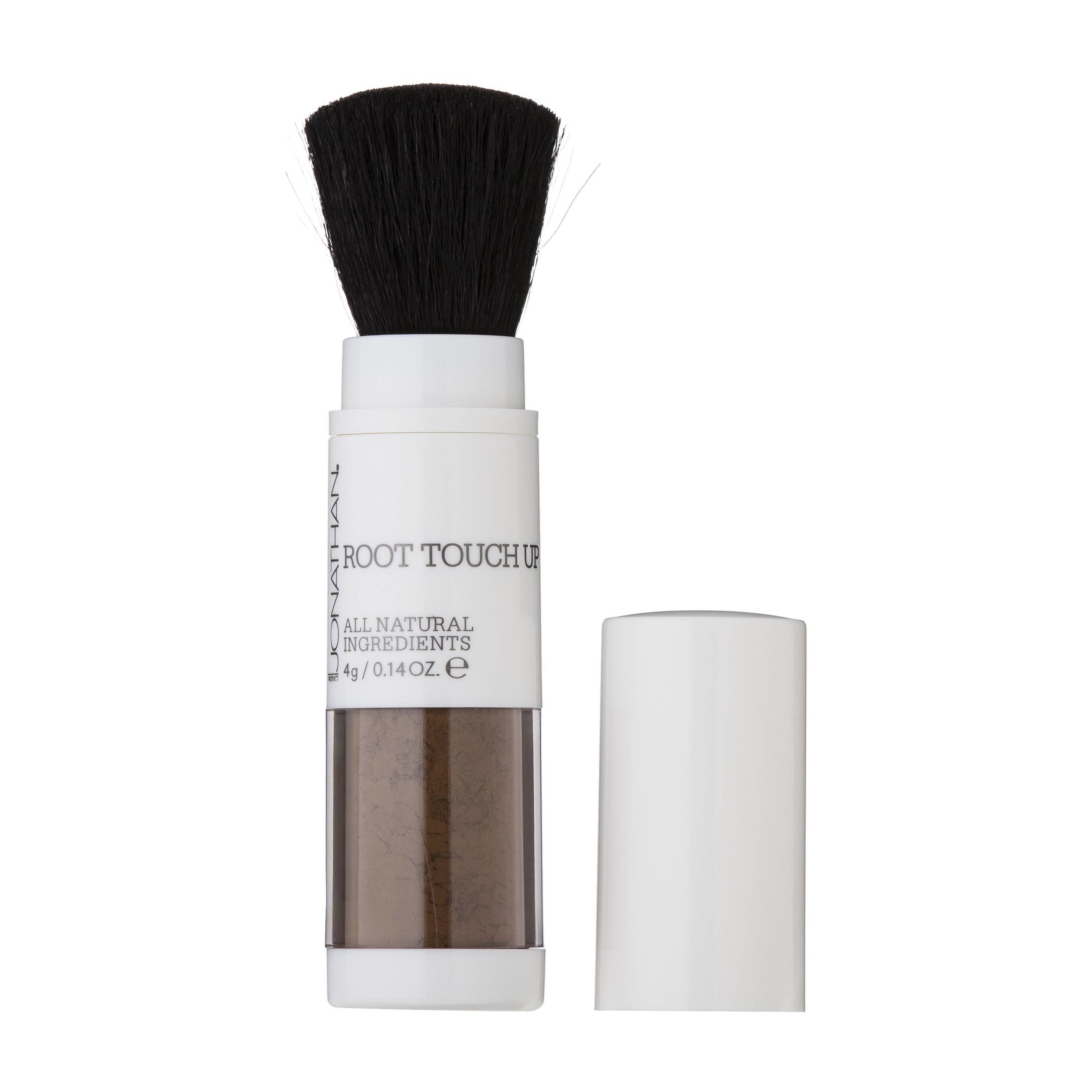Post-Pregnancy Hair Loss: Why It Happens and How to Treat It
Your cute baby bump isn't the only thing that changes when you're pregnant. In addition to that vibrant "pregnancy glow," expectant mothers also enjoy major changes to their manes. "Some women get thicker hair while pregnant; this is due to your increased estrogen levels, [causing] thicker hair," says celebrity hairstylist Laini Reeves, whose clients include Amy Adams, Emily Blunt, and Ellen Degeneres.
Sadly, those luscious locks are short-lived. Normally, about 5 to 15 percent of our strands are in a resting period; once they've completed that stage, we naturally shed them at average rate of 100 hairs per day. During pregnancy, those higher estrogen levels reduce the resting stage, causing women to lose fewer hairs.
"Once you give birth, your [estrogen] levels dip and your hair could fall out," explains Reeves. "But it will grow again! It's just the change of the estrogen."
According pregnancy and breastfeeding website Kellymom, post-partum temporary hair loss begins at around three months after birth. "The hair loss can seem more extreme if your hair grew much more than normal during pregnancy, or if you have long hair," writes board-certified lactation consultant Kelly Bonyata. "Most women will return to their usual hair growth cycle within six months, or between 6 and 12 months after birth."
While you wait for your hair to return to its pre-pregnancy state, Reeves says there are ways to fake thicker tresses.
"Get a fresh haircut. Layering your hair will give you the appearance of fuller hair," she says. In addition, Reeves also suggests taking prenatal supplements, which are packed with minerals like zinc, folic acid, and iron and vitamins that keep your scalp healthy and boost hair growth.
Want more? Read on for a few of our own tips and favorite products for treating post-partum hair loss below.
Rehydrate with a hair mask. Post-partum hair can be left dry and frizzy, which is why it's key to bring back moisture and encourage healthy hair growth. This Reconstructive Moisture Mask ($14) from Kristin Ess' new Target haircare line softens and revives all hair types.
Don't towel-wrap or wring your hair after showering. Wrapping your hair in a towel can damage your already thin strands, so try to let your hair air-dry instead. If you must use a towel for drying, pat out — don't rub or wring out! — the water from your tresses.
Powder your scalp. Thinning hair can create bald spots, which can easily be concealed with a root touch-up powder. This all-natural Jonathan Awake Color Root Touchup ($16) helps camouflage those visible parts of your scalp that are a result of post-partum hair loss; plus, it stays put even after you use hair spray and other products.
Try a thickening product. Kevin Murphy's Thick.Again spray ($39) contains ginger root nettle, parsley extracts, and citrus flavonoids that'll help thicken hair and prevent breakage, while oleanic acid helps strengthen roots and prevent hair loss and thinning.
Boost your mane with extensions. Whether you use clip-in, tape-in, or bonded methods, hair extensions are a convenient way to temporarily add volume to your tresses. For more on clip-in extensions, check out the episode of The SASS below to find out how to choose the right length and shade for your hair.
What are your favorite post-pregnancy products for boosting your hair? Share them in the comments below!












